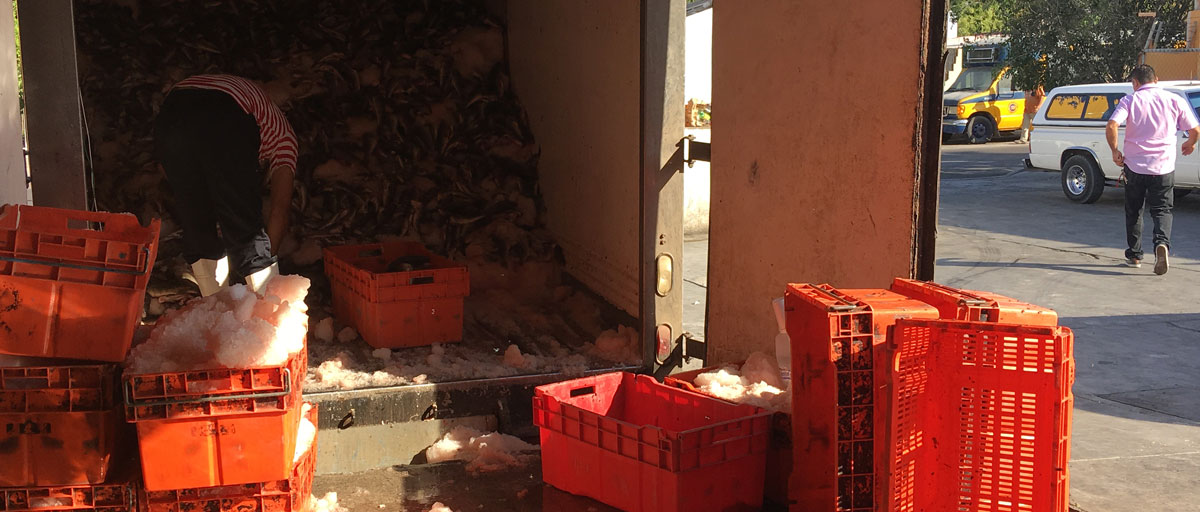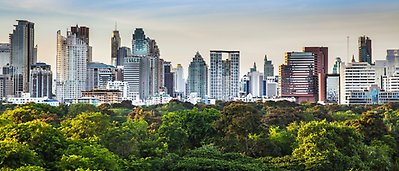Small-scale fish buyers' trade networks reveal diverse actor types and differential adaptive capacities
Summary
The importance of understanding how social-ecological interdependencies deriving from global trade influence sustainability has been argued for decades. Even if substantial progress has been made, a research gap remains regarding how the adaptability of small-scale fish buyers, whose daily operations have implications for the livelihood of more than 100 million people, are affected by networks of trade relationships. Adaptability is here defined as fish buyers´ abilities to adapt using their relationships with others. We elaborate how these capacities relate to the precise patterns in which a fish buyer is entangled with other fish buyers, with the fishers, and with the targeted fish species, by combining a multilevel social-ecological network model with empirical data from a small-scale fishery in Mexico. Further, we also identify types of fish buyers distinguishable by how they operate, and how they are embedded in the trading network. Our results suggest that adaptability differs substantially amongst these types, thus implying that fish buyers' abilities to respond to changes are unevenly distributed. This study demonstrates the need for a more profound understanding of the consequences of the different ways in which fish buyers operate commercially, and how these operations are affected by patterns of social and social-ecological interdependencies.







